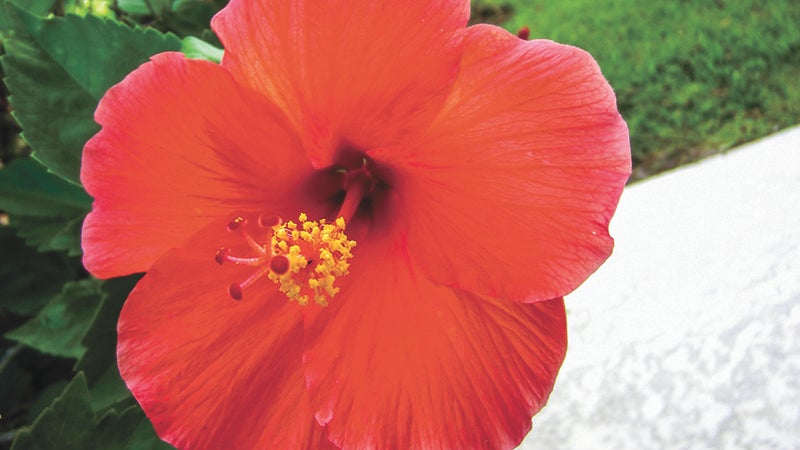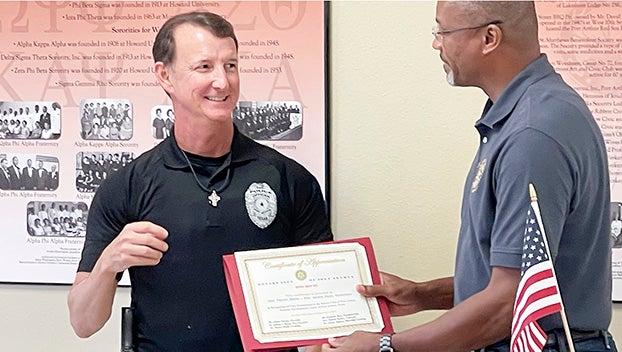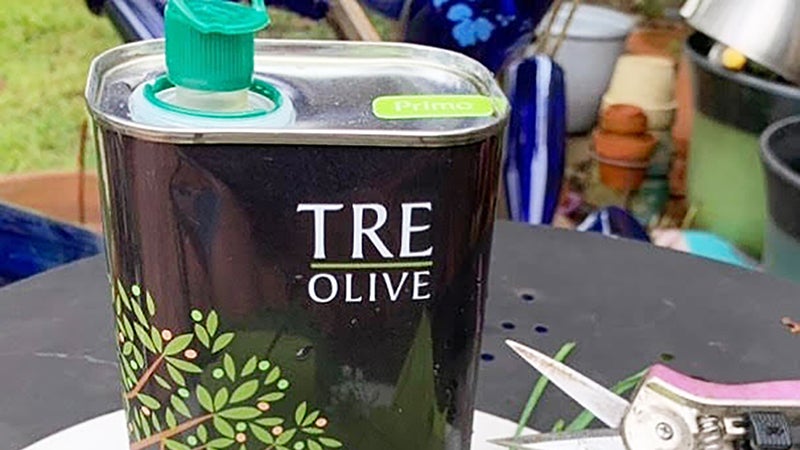OUT IN THE YARD — Fallen leaves a valuable garden resource
Published 12:02 am Friday, October 4, 2019
Very soon in Southeast Texas, trees will be shedding thousands of leaves. Since most people don’t have compost piles, what do we do with them? They certainly don’t belong in a landfill and yet most folks still rake them up, put them in a plastic bag and leave them for pickup. There is a better way. It’s called the Don’t Bag It Leaf Management Plan. Directions can be found at aggiehorticulture.tamu.edu….or just Google “don’t bag it”. Basically, fallen leaves and pine needles are a valuable resource for organic material and can contain up to 80 percent of the nutrients a plant takes from the soil and air during a growing season. When you bag or burn leaves, you are throwing away free fertilizer. Here’s what to do:
Mow with a mulching mower and leave them on the ground. As they decompose, they feed the soil. Use them for mulch around trees, shrubs, in the vegetable garden, underneath hedgerows, anywhere you would ordinarily use mulch. If you don’t want to rake, use the mulching mower with an attachment, then spread them around your plants. The shredded leaves will decompose faster and will stay in place better than unshredded leaves.
In the veggie garden, leaves can also be used to create a walkway between rows. Spread a thick layer and watch them compost in place. This is the same process that happens in wooded areas. The leaves fall and with moisture and time, create a nutrient-rich soil.
Leaves can be directly tilled into the soil at this time of year. Over the winter, they decompose and ready the soil for spring planting. To speed up the process, add a small amount of manure or nitrogen fertilizer. A 6-8 inch layer of leaves will improve aeration and drainage in clay soil and will improve water and nutrient holding capacity in sandy soil.
Any questions can be directed to Micah Leigh, mkleigh64@gmail.com Jefferson County Master Gardener, or Texas A &M Agrilife Extension, 409-835-8461.






